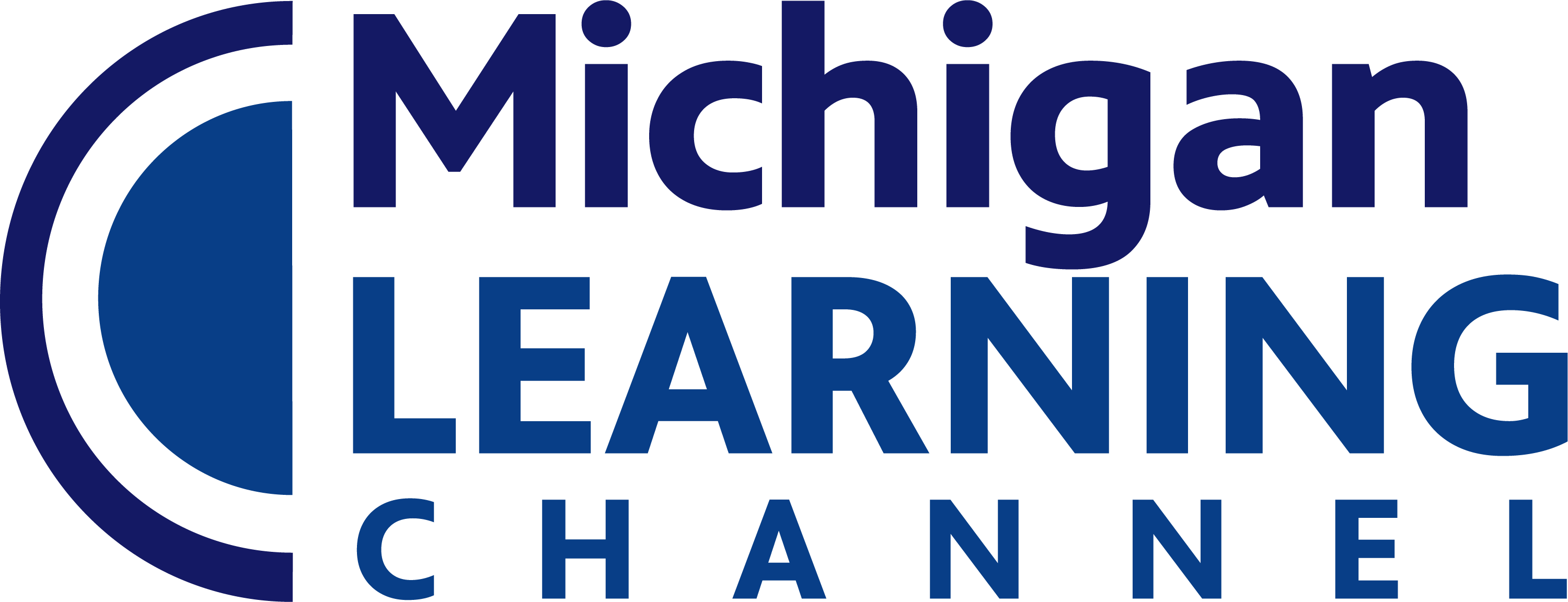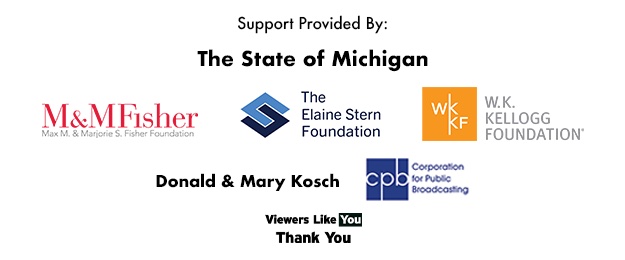This week on The Planning Period, Matt dives into Civic Learning Week with ready-to-use resources for teaching government, social studies, and civics – no matter what subject you teach.
What’s On MLC: Civic Learning Week – Resource Rundown
Bring civic education to life with these engaging, standards-aligned resources designed for thoughtful conversation:
City Island
For our youngest learners, PBS Kids’ City Island introduces civics in a fun, approachable way. In this animated series, everyday objects come alive to work together and keep their community running. It’s a playful way for kids to learn about community roles, government functions, and the value of innovation and curiosity in driving society forward.
PBS Civics Collection
For a broader range of grades, the Civics Collection on PBS LearningMedia offers videos, lesson plans, and activities covering the foundations of American democracy, the structure of government, citizen roles, and the impact of laws on everyday life. Think of it as your one-stop shop for civics education.
Retro Report
Retro Report connects historical events and legislation to today’s world through unbiased, investigative journalism. With episodes exploring media literacy, conspiracy theories, global relations, and political ideologies, this tool helps students see history as a living, relevant conversation.
All of these resources are free to view on pbs.org, with plenty of accompanying lesson plans and student materials available on PBS LearningMedia.
Teach This Now: Women’s History Month Resource
If you’re looking for an easy-to-implement Women’s History Month resource, check out Curious About Careers from WKAR in East Lansing. This series spotlights inspiring women in STEM careers and we’ve got several suggestions for how you might integrate it into your teaching:
- Daily Warm-Up: Show a short video as a prompt and let students share their reflections.
- Research Project: Have students explore different careers and changemakers in STEM.
- Media Challenge: Encourage students to interview women in their community about their careers, skills, and personal stories.
This resource not only celebrates women’s contributions but also brings authentic voices into your classroom all year long.
Place-Based Party: Michigan’s Unique History
Michigan is full of surprises that make history both weird and wonderful!
State Fossil – The Mastodon:
On March 9, 1977, Michigan’s Mastodon was declared our official state fossil after numerous skeletons were found across the state. Challenge your students to research how these fossils were discovered, explore what Michigan looked like thousands of years ago, and compare the Mastodon to other prehistoric creatures.
Belle Isle’s First Roller Coaster:
In 1929, Michigan’s first roller coaster opened on Belle Isle. Imagine a roller coaster from nearly 100 years ago—thrilling for your students to learn about! Use this as a gateway into discussions on engineering, historical tourism, and local history as they investigate how early amusement parks shaped community life.
Mini PD: Youth-Led Civics Action
Another great Civic Learning Week resource is Citizen Nation, a series following high school students competing in a civics competition in Washington, D.C. It’s a fresh take on civic learning that emphasizes youth voice and action. In our mini-PD during The Planning Period this week, we take a look at why incorporate youth voice into civic learning is so important. Here are some highlights:
- Real-World Skills: Students hone research, debate, and critical thinking skills.
- Engagement: Challenge-based, authentic learning helps students connect with civics content.
- Empowerment: Students are encouraged to notice the impact of government in their communities, and problem solve real ways to respond.
Remember, effective civics learning gives students not only knowledge but also the tools to act on it.
What I’m Watching: World Wildlife Day on PBS NATURE
World Wildlife Day falls this week, and we love PBS NATURE’s content for a dose of environmental inspiration. American Spring LIVE is a series highlighting citizen science initiatives. It covers:
- Environmental science and habitat conservation
- Observing and tracking birds, insects, and plant communities
- Inspiring students to launch their own citizen science projects
Even if spring hasn’t fully arrived, introducing these concepts now could spark projects that are ready to bloom later in the season.


